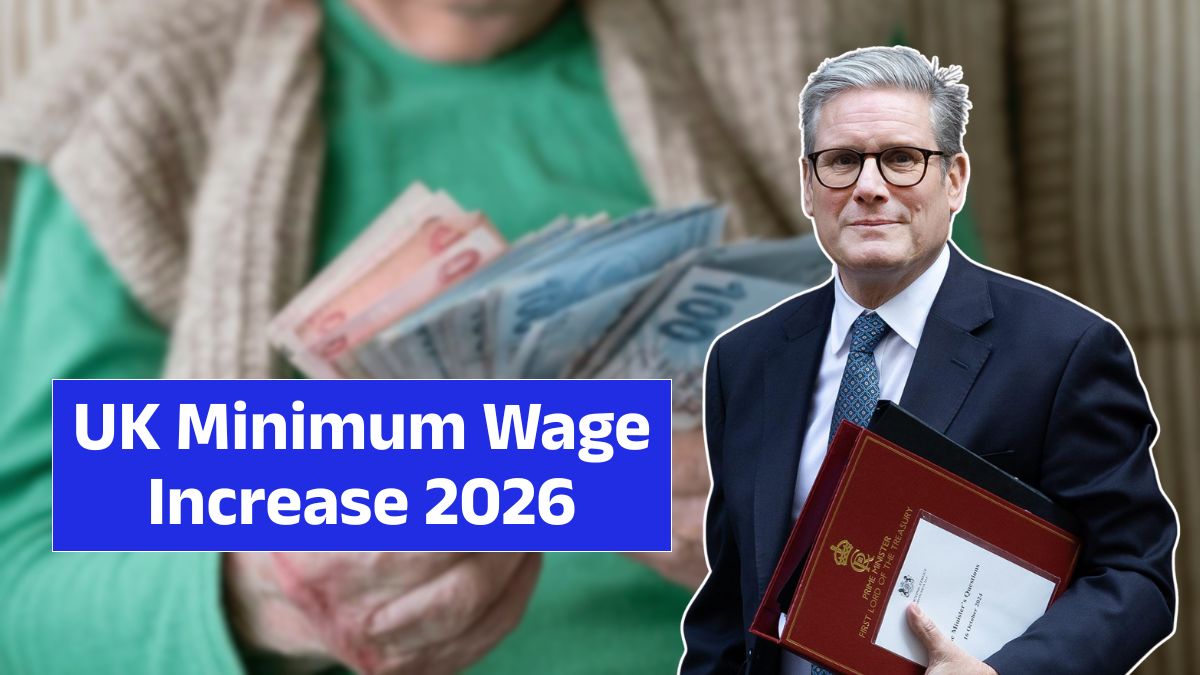The WASPI (Women Against State Pension Inequality) campaign has highlighted one of the most controversial pension issues in modern UK history. It began when women born in the 1950s discovered their State Pension age had been increased without adequate notice, leaving them unable to retire at 60 as planned.
For thousands, this abrupt change meant years of financial struggle and disrupted retirement planning. While campaigners agree that equalising pension ages for men and women was fair in principle, they argue that the implementation lacked transitional support.
Why WASPI Payments Are Being Introduced

In recognition of these challenges, the government has now confirmed that eligible WASPI women will receive up to £2,950 in compensation starting September 2025. These payments aim to provide overdue relief to women who were left unprepared for the sudden policy shift and faced financial hardship as a result.
The initiative represents not only financial support but also a symbolic acknowledgment of the difficulties caused by delayed access to the State Pension.
Who Qualifies for WASPI Compensation?
Eligibility for WASPI payments is limited to women who:
- Were born between 6 April 1950 and 5 April 1955.
- Had their State Pension age increased, resulting in delayed access to their pension.
- Are UK residents and have made National Insurance contributions.
Women outside this group, or those not directly impacted by the pension change, will not qualify for this scheme.
How Much Will Women Receive?
The compensation amount will vary depending on individual circumstances. Factors include:
- The number of years delayed in receiving the State Pension.
- The extent of lost pension entitlement.
- Any previous adjustments or support received.
The maximum compensation is £2,950, but some women will receive smaller sums based on their specific situation. These payments are separate from regular State Pension income.
When Will Payments Be Made?
The Department for Work and Pensions (DWP) has confirmed that payments will begin in September 2025.
- Funds will usually be transferred directly to the bank account linked to your State Pension claim.
- In certain cases, cheques may be issued instead.
- Payment references will indicate “WASPI Compensation” or similar, so recipients can easily identify them.
While most payments will be automatic, some delays may occur due to:
- Verification of National Insurance records.
- Confirmation of pension age changes.
- Bank processing errors.
Women are advised to check their details with the DWP to prevent complications.
The Payment Calculation Process
Payments are calculated using a case-by-case method, taking into account:
- The delay period caused by the age increase.
- The financial impact of that delay.
- Ensuring fairness across different groups of affected women.
This ensures that compensation is proportionate rather than a blanket sum for everyone.
Do Women Need to Apply?
For most, no application is necessary. Women already receiving their State Pension will have their compensation processed automatically.
However, you may need to update your records if:
- You are not yet claiming your pension.
- Your bank details or personal information have changed.
Responding promptly to any official communication from the DWP will help avoid payment delays.
How to Check Eligibility
If you are uncertain about your eligibility, you can:
- Use the official WASPI eligibility tool on the DWP website.
- Call the WASPI helpline for personalised assistance.
- Review your State Pension statements to confirm whether your payments were delayed.
Confirming eligibility before September 2025 ensures your payment arrives smoothly.
Tax-Free and Benefit-Friendly Payments
The government has confirmed that WASPI compensation is tax-free. It will also have no impact on other benefits, including:
- Pension Credit
- Universal Credit
- Housing Benefit
This guarantees that recipients can use the funds fully without risk of losing other entitlements.
Why the Payments Matter
The WASPI payments represent a lifeline for many women who endured years of financial insecurity due to the pension age rise. For some, the funds may help to:
- Cover outstanding bills.
- Pay for medical treatment or ongoing care.
- Manage household expenses during retirement.
- Contribute to long-term retirement planning.
Beyond financial relief, these payments also help restore confidence and independence for women who felt unfairly treated by past policies.
The Wider Significance of WASPI Compensation
This initiative is about more than just money. It reflects a broader call for government accountability and transparency in policymaking. The WASPI campaign has demonstrated the importance of ensuring that major policy changes come with clear communication and fair transitional arrangements.
For many, the 2025 compensation payout represents not only overdue justice but also a reminder of the importance of protecting pensioners’ rights in future reforms.
FAQs – WASPI Payments 2025
Q1. Who qualifies for WASPI payments in 2025?
Women born between 6 April 1950 and 5 April 1955 who were affected by the State Pension age increase.
Q2. How much will eligible women receive?
Payments can be up to £2,950, though the exact amount varies based on how much each woman was affected by the pension delay.
Q3. When will WASPI payments be made?
The Department for Work and Pensions will begin payments in September 2025.
Q4. Do women need to apply for WASPI compensation?
Most women will not need to apply. Payments are expected to be automatic, though those not yet receiving their pension may need to update details with the DWP.
Q5. Will WASPI payments affect other benefits?
No. Payments are tax-free and will not affect entitlements like Pension Credit, Universal Credit, or Housing Benefit.















